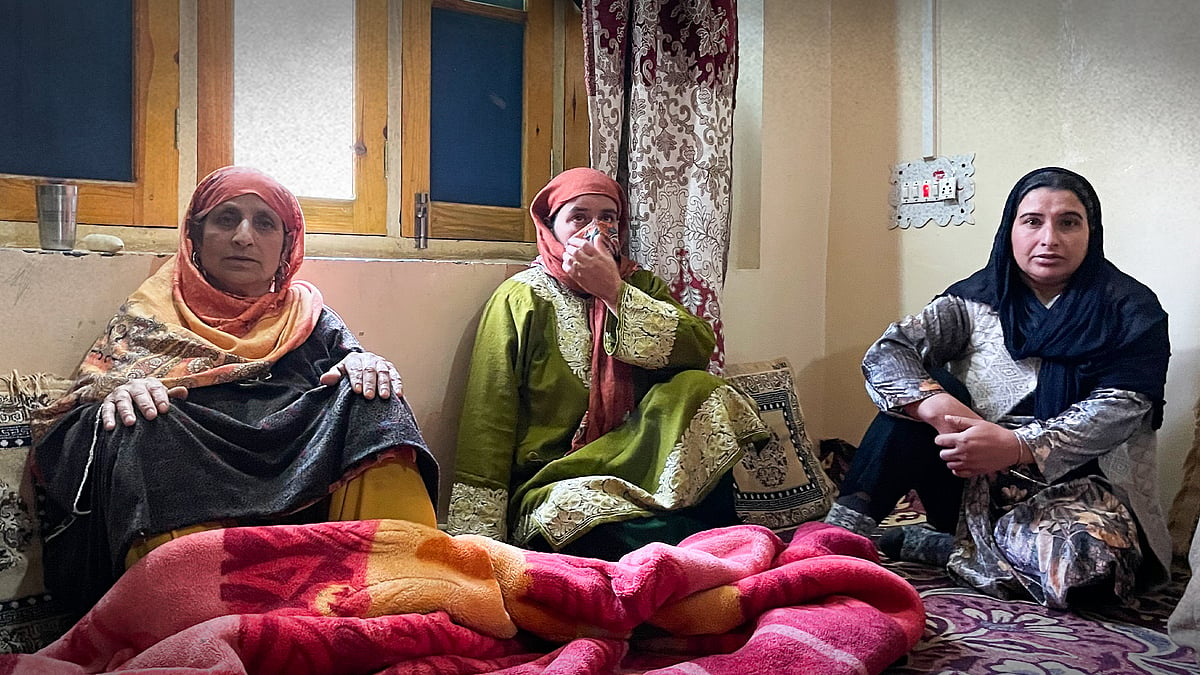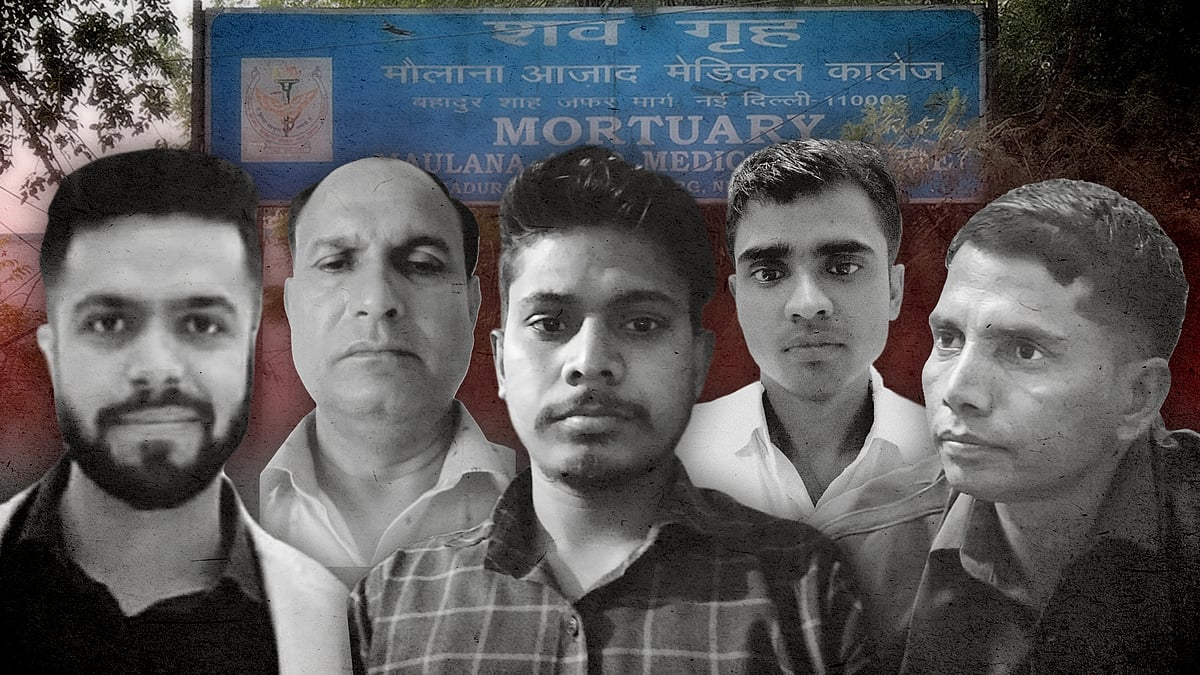At Faridabad institute under terror cloud, an uneasy calm
Al Falah University has been under scrutiny since the arrests of several doctors linked to an alleged terror module.
At Al Falah University in Faridabad, classes continue amid an uneasy calm. Security personnel stand guard near the entrance, television crews linger outside the gates, and students refuse to speak on camera about the arrests that have drawn the private medical institution into the national spotlight.
The university has been under scrutiny since the arrests of several doctors linked to an alleged “white-collar” terror module accused of the Delhi blast this week. The prime accused, Dr Umar Nabi Bhat, reportedly confirmed through DNA analysis as the driver of the explosive-laden vehicle, was also employed at the university.
In a statement on Wednesday, Al Falah Vice Chancellor Prof Bhupinder Kaur Anand condemned the blast and expressed concern about “baseless and misleading stories with the clear intent of maligning the reputation” of the institute. “We wish to make it clear that the university has no connection with the said persons apart from them being working in their official capacities with the university,” the statement said.
This was amid reports stating the university was issued a notice for a false accreditation. The National Assessment and Accreditation Council has reportedly asked Al Falah for an explanation for why it had displayed false accreditation on its website and asked it to remove such details from its portal.
Several headlines have referred to the institute as “the epicentre” of a terror plot. Many social media accounts also made similar remarks.
Established in 1997 as a dispensary under the Al Falah Charitable Trust, the facility expanded into a 378-bed super-specialty hospital in 2014, and later into a full-fledged university offering engineering, education, and medical courses. Governor Bandaru Dattatreya inaugurated a new 650-bed hospital on January 30, 2025. The medical college began MBBS classes in 2019, admitting around 1,100 students per batch, and postgraduate courses were added two years ago.
‘No impact on studies so far’
When Newslaundry arrived at the university campus, about 35 km from the capital, there was heavy security deployment at the entrance.
A medical student said no one wants to talk about the issue and agencies are conducting investigations on campus.
Vishwas, an alumnus of the university, said the institute’s infrastructure “isn’t great” but is better for medical students as compared to others. “About 40 percent of the students are locals, while most are from Uttar Pradesh, Bihar, and Haryana. I am from Uttar Pradesh."
Speaking of the investigation, Vishal, another student, said, “There seems to be no visible impact on our studies yet”.
Newslaundry also visited the area near the university where Dr Muzammil Shakeel Ganae, another accused in the case, had rented accommodations.
At the edge of Fatehpur Taga, about 3 km from campus, stands a worn four-room house; three of its rooms had been rented to Dr Muzammil. Police say a large quantity of explosives was recovered from one of them.
Noori, who lives opposite the house, said, “We’ve never seen Muzammil…It’s shocking and worrying for us that our village is being maligned…such a thing has never happened in our village before…The police also searched our house on the morning of November 11. Several police officers came to the house but found nothing.”
In times of misinformation, you need news you can trust. We’ve got you covered. Subscribe to Newslaundry and power our work.
 In Pulwama’s ‘village of doctors’, shock over terror probe, ‘Doctor Doom’ headlines
In Pulwama’s ‘village of doctors’, shock over terror probe, ‘Doctor Doom’ headlines Friends on a bike, pharmacist who left early: Those who never came home after Red Fort blast
Friends on a bike, pharmacist who left early: Those who never came home after Red Fort blast ‘They all wear Islamic topis…beard’: When reporting turns into profiling
‘They all wear Islamic topis…beard’: When reporting turns into profiling